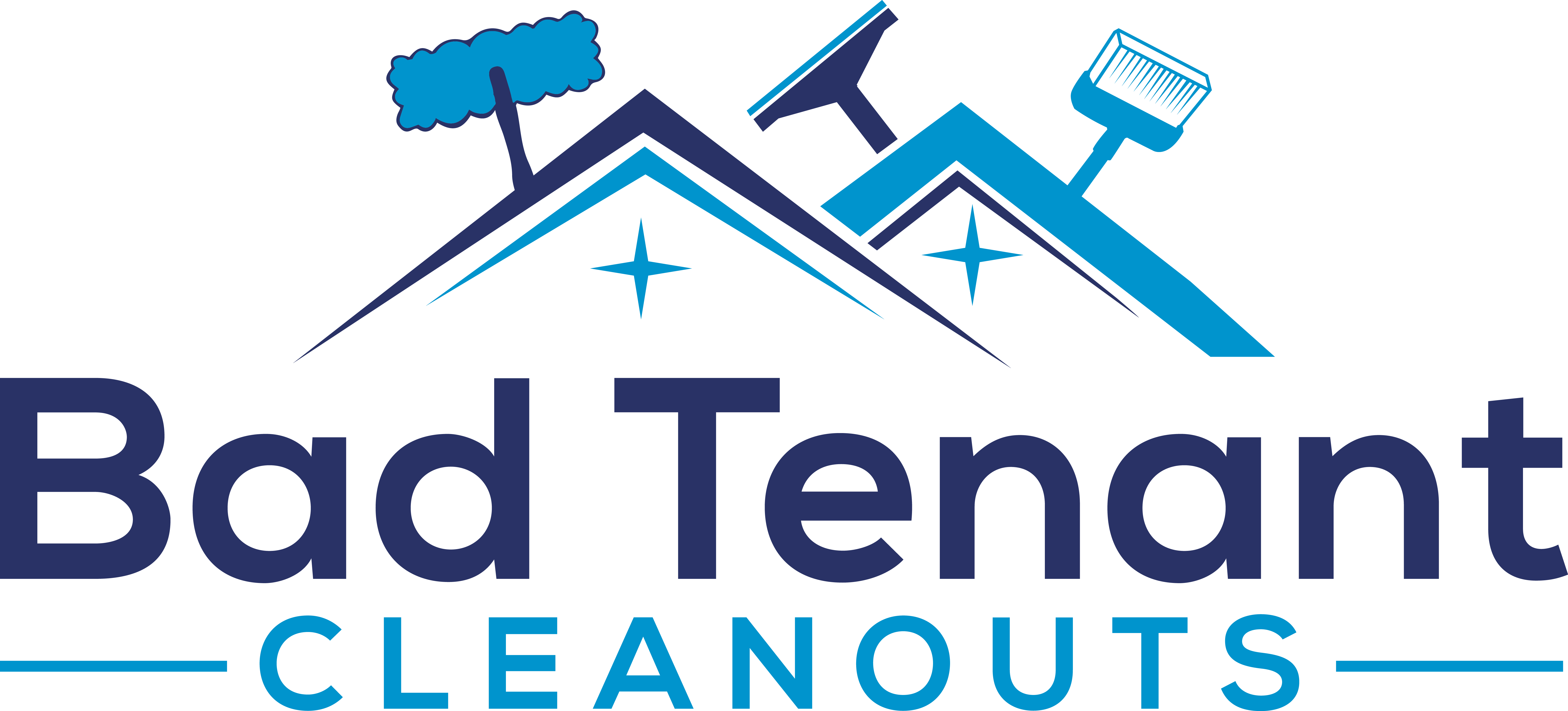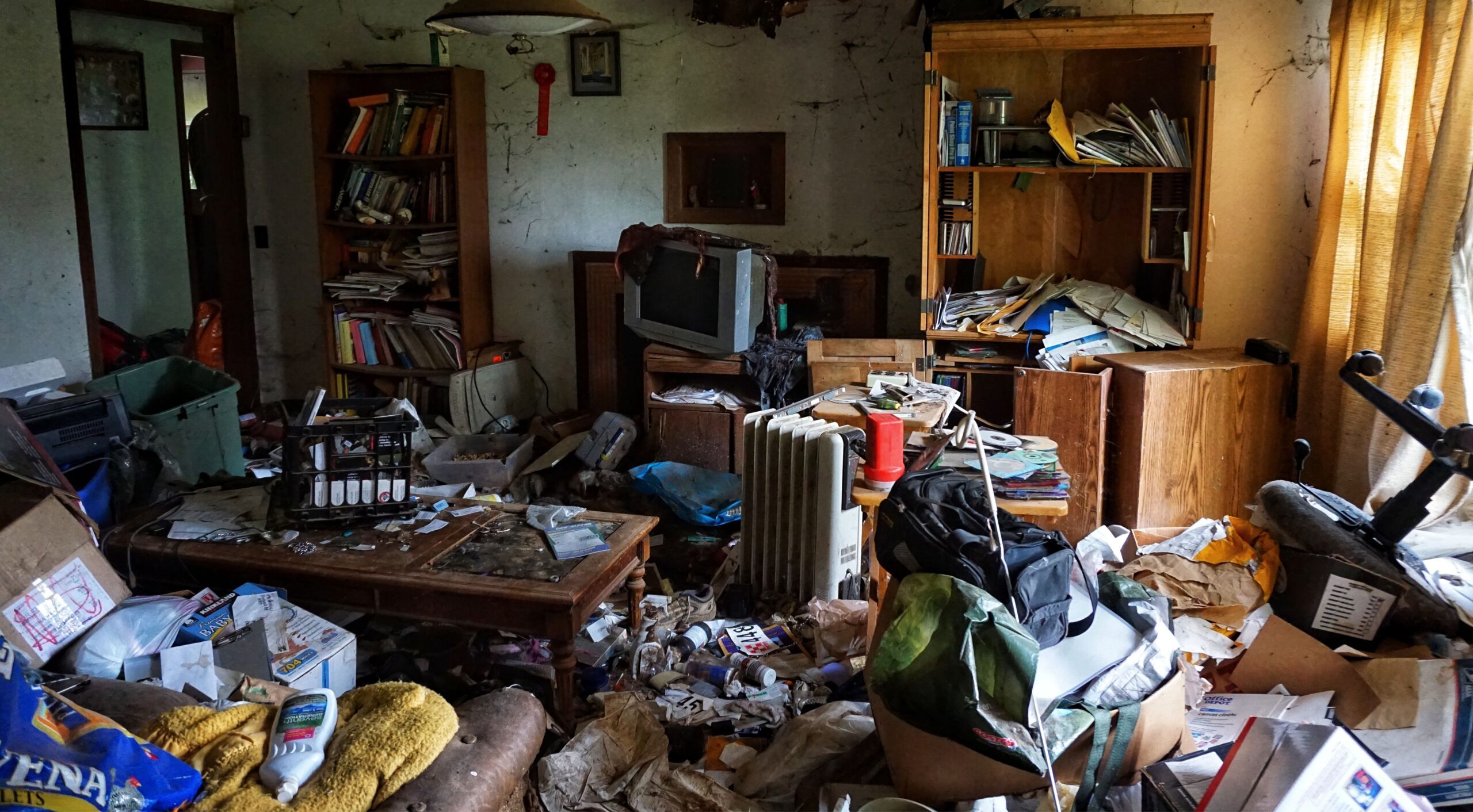What Makes a Bad Tenant?
In the world of renting, the relationship between a landlord and a tenant is key to a smooth and successful experience. While many tenants are respectful, responsible, and easy to work with, there are times when landlords encounter what might be considered a “bad tenant.” But what exactly makes a bad tenant? This blog post will explore the characteristics and behaviors that can cause problems in a rental situation, offering insights for both landlords and tenants on how to avoid these issues.
1. Consistently Late Rent Payments
One of the most critical responsibilities of a tenant is paying rent on time. When a tenant consistently pays rent late—or worse, doesn’t pay at all—it can cause significant stress for landlords. Late payments can disrupt the landlord’s finances, especially if they rely on rent to cover mortgage payments, property maintenance, or other expenses. While everyone can experience financial difficulties from time to time, a bad tenant often makes late payments a habit rather than an exception, without communicating effectively with the landlord.
2. Property Damage Beyond Normal Wear and Tear
All rental properties experience some level of wear and tear over time. However, bad tenants cause damage that goes beyond the normal expectations of living in a space. This might include things like holes in walls, broken fixtures, stained carpets, or neglected yard work. Property damage not only costs landlords money in repairs but can also delay the process of renting the property to new tenants. A responsible tenant treats the rental as if it were their own home, taking care to avoid unnecessary damage and reporting any issues promptly.
3. Ignoring Lease Terms
A lease agreement outlines the rules and expectations for both the landlord and the tenant. When tenants ignore these terms, they create problems that can range from minor annoyances to significant legal issues. Common lease violations include having unauthorized pets, subletting without permission, or using the property for illegal activities. Ignoring lease terms shows a lack of respect for the agreement and can lead to disputes or even eviction.
4. Disruptive Behavior
Good tenants respect the rights of their neighbors and the peace of the community. In contrast, bad tenants may engage in disruptive behaviors that cause tension or discomfort for others. This could include hosting loud parties, being consistently noisy at all hours, or engaging in conflicts with neighbors. Disruptive behavior not only affects the relationship between the tenant and the landlord but can also lead to complaints from other tenants or neighbors, potentially involving legal authorities.
5. Poor Communication
Effective communication is vital in any landlord-tenant relationship. A bad tenant often fails to communicate important information, such as maintenance issues, changes in employment that might affect their ability to pay rent, or plans to move out. Poor communication can lead to misunderstandings, unaddressed problems, and a breakdown in trust. On the other hand, good tenants keep their landlords informed and address issues as soon as they arise.
6. Unauthorized Occupants
A lease agreement typically specifies how many people can live in the rental unit. When a tenant allows additional people to move in without the landlord’s knowledge or permission, it creates several potential problems. Extra occupants can lead to increased wear and tear on the property, higher utility usage, and even safety concerns. A bad tenant might try to avoid paying higher rent by moving in unauthorized occupants, but this can violate the lease and result in serious consequences.
7. Lack of Respect for Property and Neighbors
Respect is fundamental to any rental situation. A bad tenant may show a lack of respect by leaving trash around, not maintaining the yard, or failing to follow community rules. This lack of respect can lower the property’s value and make it difficult for landlords to maintain good relationships with neighbors or future tenants. A respectful tenant, on the other hand, takes pride in their living space and contributes positively to the community.
8. Legal Troubles
Bad tenants may engage in illegal activities, such as drug use, unapproved business operations, or harboring stolen property within the rental unit. Such behavior not only violates the lease but can also bring legal trouble to the landlord. If law enforcement becomes involved, the property could be damaged during investigations, or the landlord might face legal liability. Tenants engaging in illegal activities create a dangerous and unstable environment for everyone involved.
9. Lack of Cooperation with Maintenance and Inspections
Landlords are required to maintain the rental property, and sometimes this requires access to the unit for repairs or inspections. A bad tenant might refuse to cooperate with maintenance schedules, deny access to the property, or make it difficult for contractors to do their work. This not only delays necessary repairs but can also lead to larger, more costly issues down the road. Good tenants understand that maintenance is essential for keeping the property in good condition and are cooperative when it’s needed.
10. Unwillingness to Resolve Conflicts
Conflicts can arise in any rental situation, whether they involve the landlord, neighbors, or other tenants. A bad tenant may be unwilling to resolve conflicts, choosing instead to escalate situations or refuse to compromise. This attitude can make it difficult for landlords to manage the property effectively and can create a hostile environment for everyone involved. A good tenant, in contrast, is willing to discuss issues and work toward a fair resolution.
Key Takeaways
Understanding what makes a bad tenant is essential for both landlords and tenants. For landlords, recognizing these warning signs early can help prevent problems from escalating, protecting both their property and their business. For tenants, being aware of these behaviors can help ensure they maintain a positive relationship with their landlord and avoid the consequences of being labeled a bad tenant. At the heart of it all are communication, respect, and responsibility—qualities that lead to a successful and harmonious rental experience for everyone involved.


